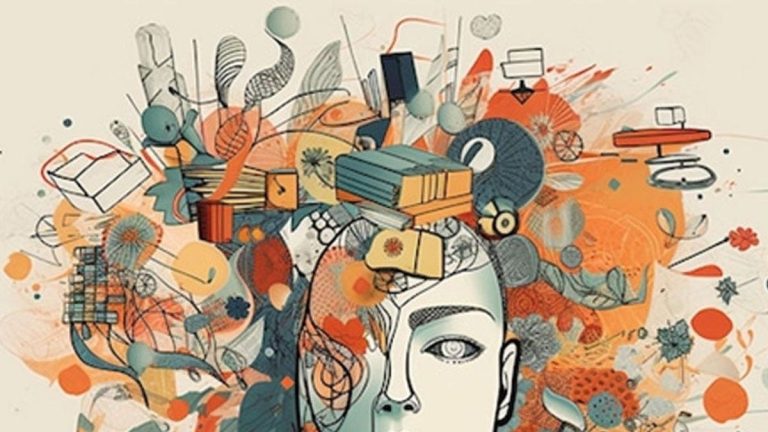As technology continues to develop at an astonishing speed, it is having a profound impact on multiple aspects of our lives, including our mental health. The impact of technology on mental health is a multifaceted issue, with both significant benefits and potential risks. This article explores these advantages and challenges, focusing on the importance of maintaining a balanced approach to technology use and the role of digital tools in promoting mental health awareness.
The double-edged sword of technology
Technology, especially smartphones and social media, has become an integral part of our lives. While these digital tools offer many conveniences and opportunities for connection, they can also contribute to “technostress.” Technology stress refers to the negative impact of excessive technology use on our mental health, including feelings of anxiety, depression, and social isolation. Therefore, a balanced approach to the use of technology is crucial to prevent these negative effects.
The role of digital detox
To combat technology stress, the concept of “digital detox” has gained popularity. A digital detox involves taking a break from digital devices, especially smartphones and social media, to reduce stress and improve mental health. Research findings suggest that digital detox interventions can be effective in alleviating technology stress. However, implementing a successful digital detox strategy can be difficult, given our increasing reliance on technology.
Technology as a tool for mental health management
Despite the potential risks, technology plays an essential role in mental health management. Digital platforms, mental health apps, and teletherapy are revolutionizing access to mental health resources. These tools are particularly important in a global context where mental health problems are widespread, but access to care may be limited. By increasing accessibility, these digital solutions can help bridge the gap between those in need and mental health resources.
The future of technology and mental health
Looking to the future, the intersection between technology and mental health will redefine mental healthcare. Innovations such as artificial intelligence (AI), machine learning, and virtual reality are expected to play an important role in preventive mental health and early detection of mental health problems. For example, artificial intelligence and machine learning can analyze a person's behavior or speech patterns to identify potential mental health concerns early, facilitating timely intervention.
In conclusion, while technology presents some risks to mental health, it also provides great opportunities for managing mental health and promoting mental health awareness. The key is to use a balanced approach to using technology, taking advantage of its benefits while taking into account the potential risks. As we navigate this digital age, it's important to remember that technology should serve as a tool to improve our lives, not a source of stress or anxiety.

